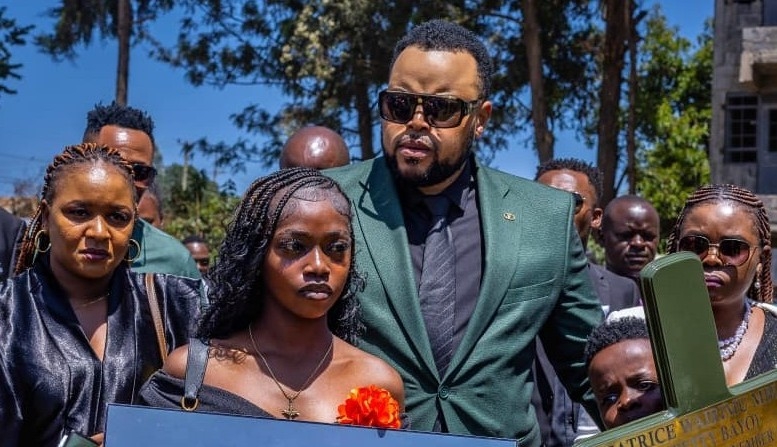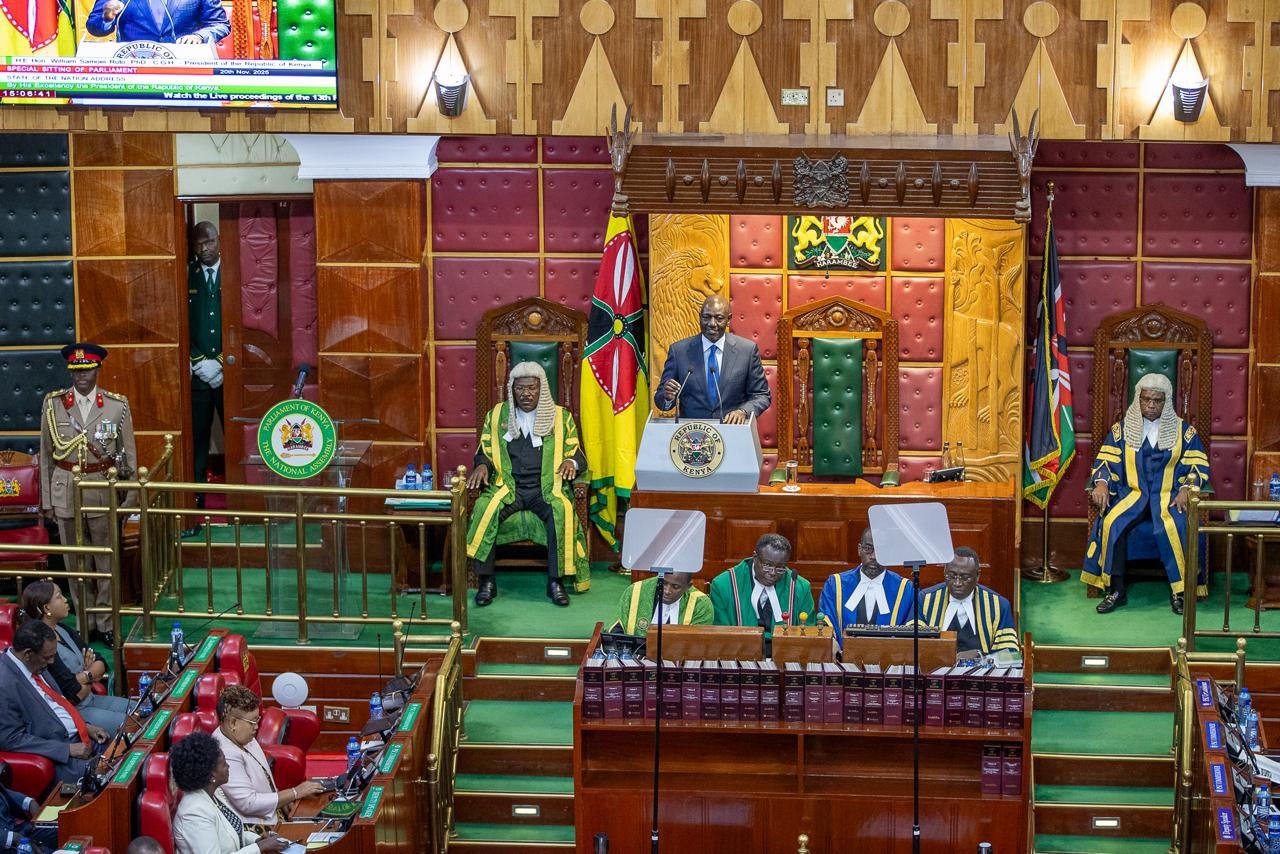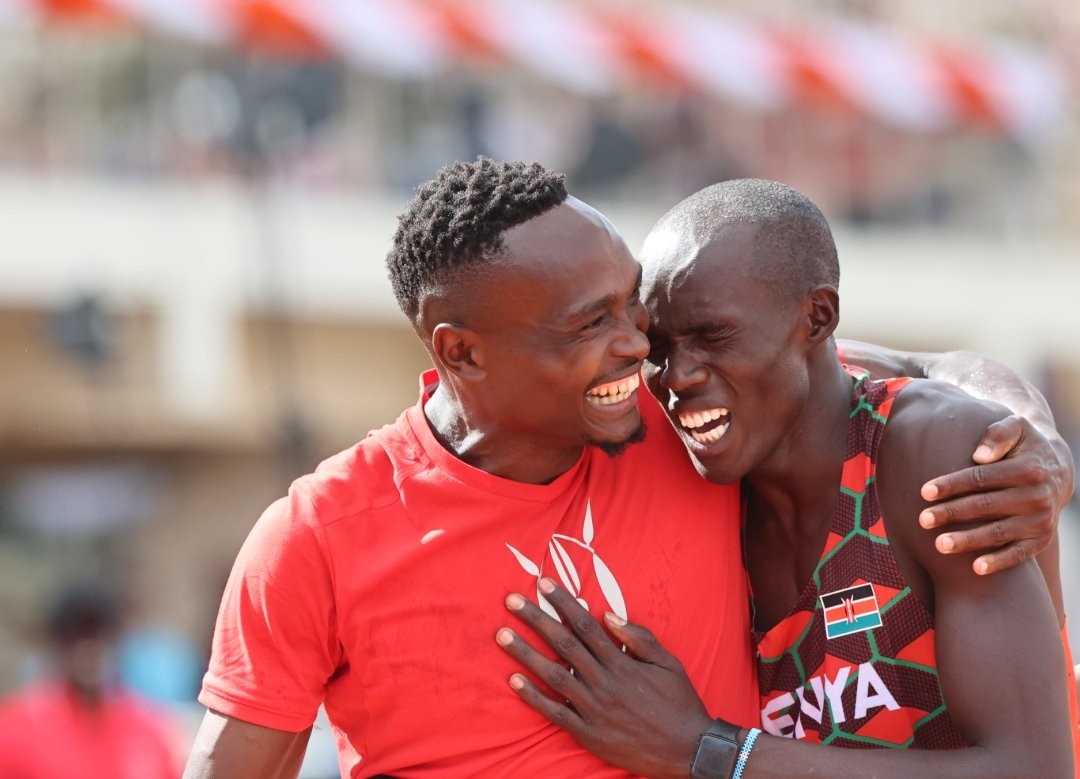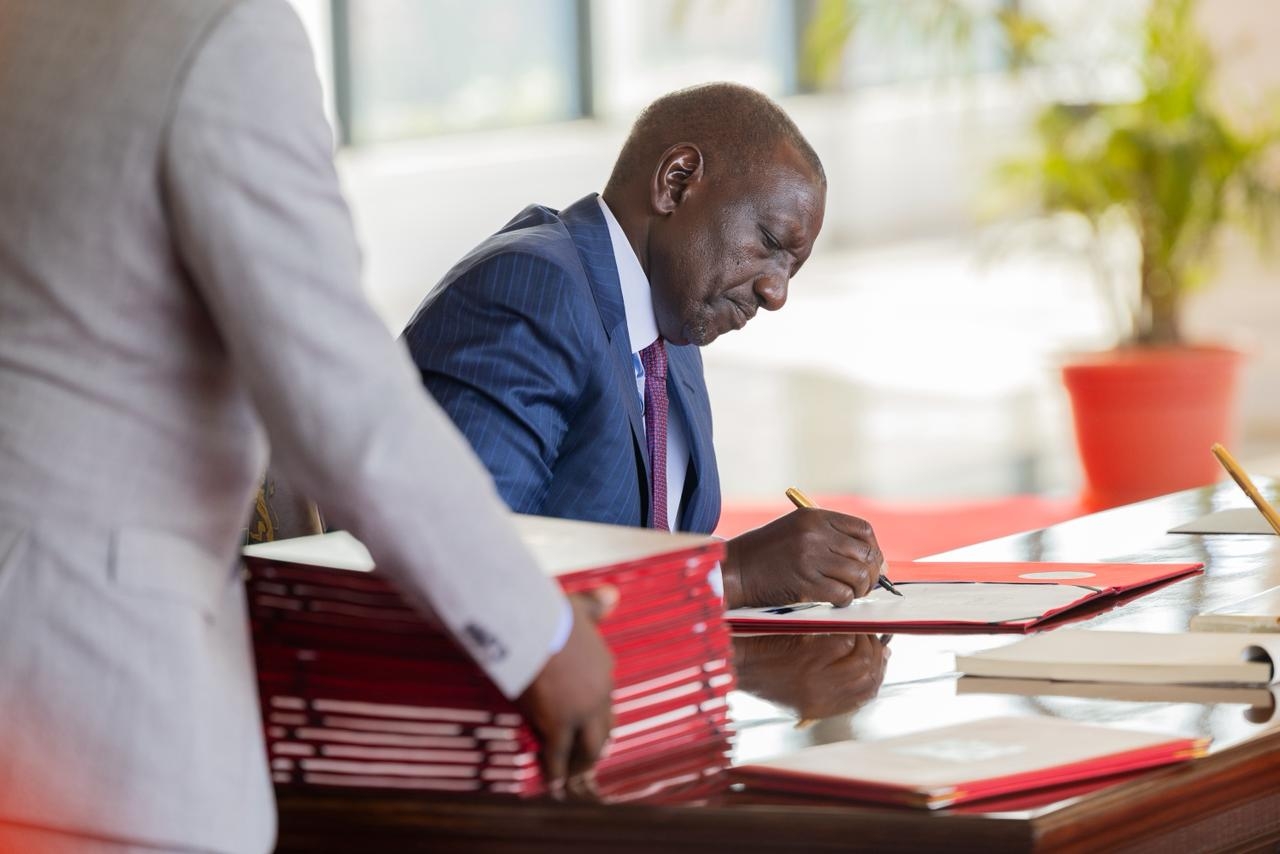The Covid-19 protocols put in place to contain the spread of coronavirus in 2020 caught widows in Kajiado county between a rock and a hard place.
Protocols such as movement restrictions and mandatory wearing of masks deprived the widows, who relied on odd jobs, their sources of income.
Keen to support their families, the Kajiado women had to come up with solutions, through the Osiligi Lenkolia Women Group.
Osiligi means hope in Maasai language.
“We met in 2020 during the Covid-19 pandemic. We had to defy the stay at home order because the women were calling me asking me what they could do to survive,” says Osiligi Lenkolia Women Group chairperson Elizabeth Senei.
Senei, 59, says the distress calls haunted her but at the same time pushed to restore hope in the women.
Most widowed Maasai women are denied land and property ownership.
"Their husband's wealth are forcefully taken over by relatives leaving them in abject poverty," Senei says.
Unlike other members of her group, her hardwork after the death of her husband, paid off.
All her children, save for one, completed their studies.
“The last born is still in school,” Senei says.
Senei, a farmer, says after the meeting held at the height of Covid-19, the women came up with a table banking idea.
They started saving Sh500 that would be loaned out to members.
Word then spread around the four wards of Rombo, Kuku, Kimana and Imbirrikani.
The success in table banking attracted the attention of Pastor Dorcas Rigathi, who supported their initiative by donating 50,000 tree seedlings.
Currently, they have planted more than 60,000 seedlings. Osiligi Lenkolia group's membership also grew to 45 women.
The loans attracted an interest of 10 per cent.
"A Sh500 loan is paid with an interest of Sh50 and Sh1,000 loan is paid with an interest of Sh100," Senei says.
Currently, each member can get a loan of up to Sh70,000 depending on their savings.
“We have loaned out Sh400,000 to women and we expect to get more than Sh500,000 in return,” She says.
The group further birthed an umbrella body, Osiligi Widows Kajiado South Network that has 255 widows.
Apart from economic empowerment, the group helps women to also fight for their rights.
This is done through free legal clinics with partners.
Conservation NGOs have also partnered with the widows to build their capacity.
World Wide Fund for Nature has for instance helped build capacity in tree nursery management, kitchen gardening, modern dairy farming and pasture production.
Senei says they are in the process of harvesting pasture from their two acres through support from WWF-K.
“We planted 12kg of grass and from this, we expect to harvest 280 bales of hay. When there is rain, we harvest three times in a year and only two times when we do not have good rains,” she says.
The women plan to boost their production to 400 bales of hay per harvest.
During dry seasons, one bale of hay goes for Sh400 while during rain seasons, the prices range from Sh250 and Sh300.
The widows have also been trained on how to keep goats that produce milk as part of diversifying their livelihoods.
It is expected that each ward will get 15-20 goats depending on their savings. The goats are sold at Sh25,000 each.
Pauline Muthoni, 46, lost her husband eight years ago. She was married for 24 years.
Muthoni says she has educated her children using the loans from table banking.
Migwara Rombo Widows group chairperson Mary Saingo, 56, says she formed the group to empower women widowed at a tender age.
“We tell them that losing their husbands is not the end of the world. We have helped many to rebuild their lives.”
“I can relate with their plight because I was also widowed 11 years ago and my brothers in-law tried to take my property," she says.
Saingo says she almost lost her parcel of land following the death of her husband.
The mother of six says the matter was settled by the family and she now own 12 acres.
“I also advise women against selling their land,” she says.
Migwara Rombo Widows group has 84 women.














